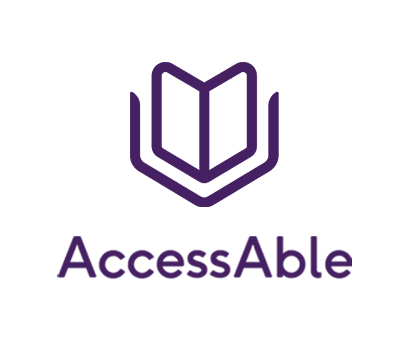King’s and AccessAble launch access guides to support patients and visitors
16 July 2025 - Official launch of guides for King's College Hospital and PRUH sites

King’s College Hospital NHS Foundation Trust has officially launched a series of Detailed Access Guides for King’s College Hospital and Princess Royal University Hospital (PRUH).
The Trust has worked with AccessAble to provide detailed information for all of our departments, wards and services. These Guides are now available via the King’s page on the AccessAble website, helping our patients, visitors, and carers to plan their visits with greater ease and confidence.
Over 150 Detailed Access Guides have been produced, with facts, figures and photographs on all accessibility considerations including – but not limited to – ramp access, Blue Badge parking bays, lighting levels and rest areas.
Angela Helleur, Chief Delivery Officer at King’s College Hospital NHS Foundation Trust, said: “We know everyone’s accessibility needs are different, and people visiting our hospitals may have questions about facilities, such as hearing loops, walking distances and accessible toilets.
“Our work with AccessAble will help make sure that our visitors and patients can visit our sites with confidence and ease, and ensure we have an inclusive, welcoming environment for everyone.”
Dr Gregory Burke, Founder and Executive Chair of AccessAble, said: “We are thrilled to partner with King’s College Hospital NHS Foundation Trust in creating comprehensive Detailed Access Guides that empower disabled people and those who require additional accessibility support to visit the hospitals with confidence and independence.
“Our Guides are designed to give a clear insight into what services will be like, allowing people to feel assured that the environment will meet their needs or enable them to have a conversation around reasonable adjustments. I would like to express my heartfelt gratitude to the Trust for partnering with us and sharing our vision of an NHS where disabled people and carers can access exceptional care, independently and with dignity.”
